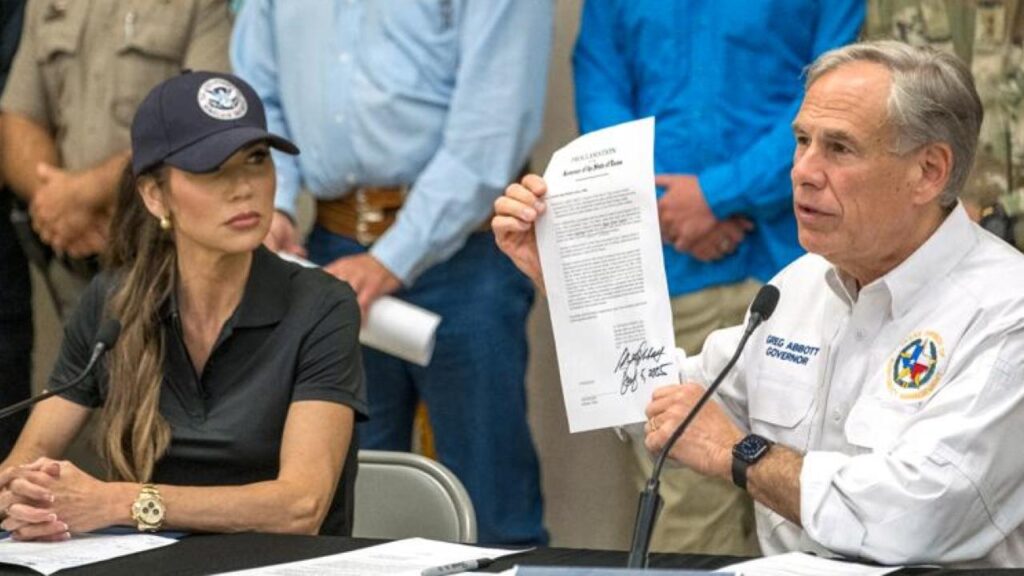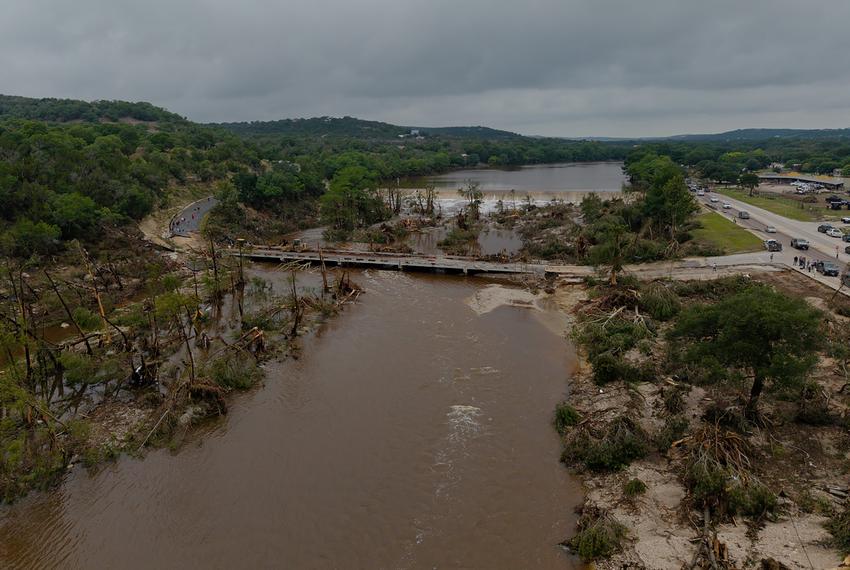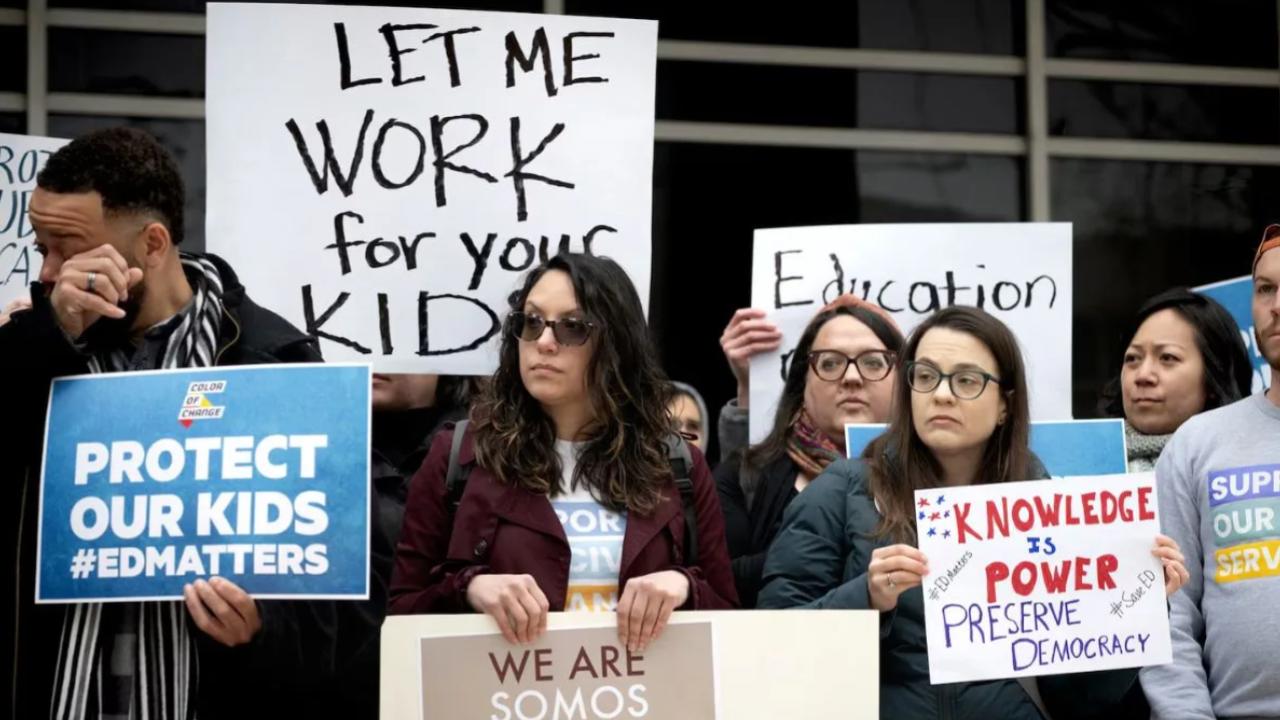I remember watching torrential rain overwhelm the Guadalupe River in Kerrville last summer. Lives were shattered in a flash—campers carried away, families forever altered. That flooding might have ended differently if House Bill 13 had passed. The bill aimed to create a grant program helping rural counties build essential emergency-communication infrastructure—sirens, alert systems, and more. But it died in the Texas Senate, and experts now say that failure contributed to lives lost in the deadly July floods near Kerrville and across Central Texas.

The Bill That Could’ve Saved Lives in Texas Floods
| Takeaway | Stat |
|---|---|
| 79 deaths from flash floods in Central Texas | 79 people killed, dozens missing |
| House Bill 13 would have funded local warning systems | Died in Senate; GOP-backed in House |
| Rural counties lacked funding for alerts | Kerr County rep admitted regret |
HB 13 could’ve meant the difference between life and death in that flash flood—an early-warning lifeline for those caught unprepared. Its failure reflects deeper challenges in how Texas prioritizes rural disaster resilience. As a journalist who’s seen the aftermath, I believe a targeted, funded warning system is a simple, effective lifesaver. And with legislative momentum building, there may yet be hope that this vital bill is reborn—and so are lives spared.
What HB 13 Would’ve Done
HB 13, introduced this session, proposed a statewide fund to help counties—especially low-budget, rural ones—technology for early warning systems. It would have:
- Established grants for sirens, alerts, and communication tools.
- Created a task force to coordinate statewide disaster planning.
- Offered training and resources to bridge emergency gaps.
Why It Didn’t Make It
Political gridlock is the short answer. HB 13 passed the House but stalled in the Senate amidst a rash of unrelated tussles—including a procedural misstep that let senators adjourn prematurely, killing many bills .
There was little partisan friction—it had GOP support, even from Kerr County Rep. Wes Virdell. But a lack of urgency, calendar constraints, and other priorities (like CBD policy and bail reform) squeezed it out.
When Alerts Might Have Saved Lives
In Kerr County, flash floods hit pre-dawn on July 5, catching campers at Camp Mystic by surprise. The Guadalupe rose 26 feet in 45 minutes, an event meteorologists said was beyond typical local expectations. With warning systems funded through HB 13:
- Authorities could have alerted campers and residents by phone, siren, or local radio.
- Emergency services would have had a clearer early-warning chain.
- That extra time—even a few minutes—might have allowed evacuation and saved lives.

What Comes Next
Governor Abbott has now signaled a possible special legislative session to address warning systems and disaster preparedness funding. Meanwhile, the Texas Water Fund—approved in May—does provide $1 billion annually for water and flood projects. However, its allocation is broad, subsuming the Flood Infrastructure Fund, and lacks dedicated funding for local warning systems.
Why It Matters
- Rural vulnerability: Many counties don’t have sirens or mass alert systems.
- Climate trends: More intense flash events are expected in Texas due to climate change.
- Preparedness gap: Without HB 13 or similar legislation, future tragedies are likely.
Could This Reemerge?
Absolutely. With pressure mounting from media and constituents, lawmakers in Austin may revive parts of HB 13 during a special session. Right now, the public and advocacy groups are pushing for:
- Targeted grants for Counties ≤ 50,000 people
- State matching funds to incentivize local investment
- Training programs to help jurisdictions use and maintain systems
FAQs
Q: Did HB 13 include statewide evacuation mandates?
A: No. It focused on funding communication—not mandates. Evacuation orders are still left to local officials.
Q: Is flood response funding coming from other sources?
A: Yes—through the Texas Water Fund. But the money is broad and may not specifically reach rural alert systems.
Q: When might this return to the Legislature?
A: Governor Abbott has hinted a special session is likely soon, though details remain unclear.






